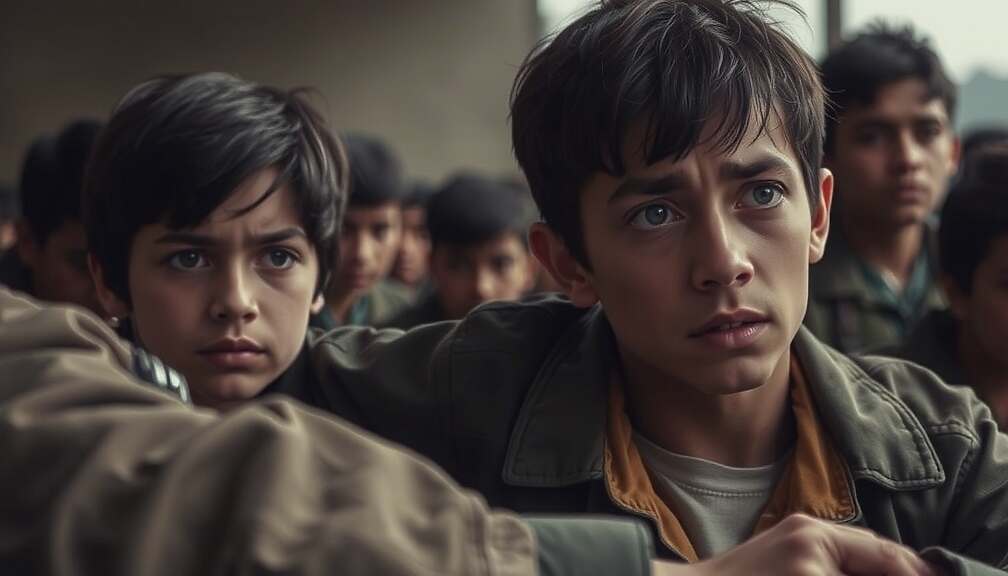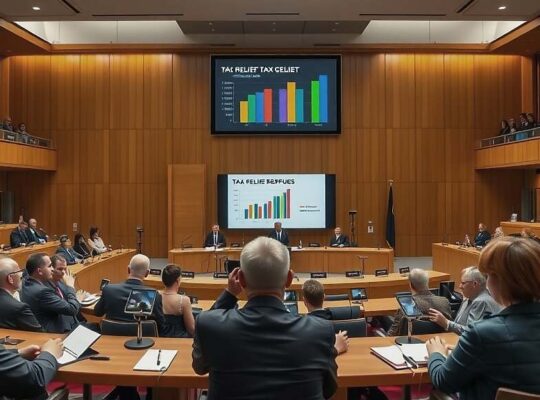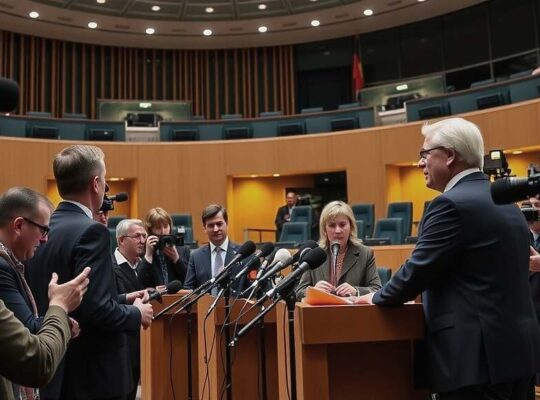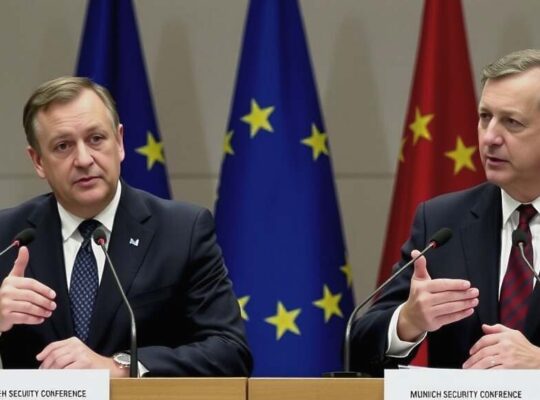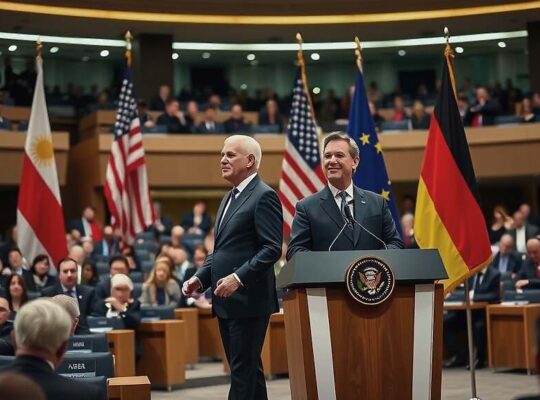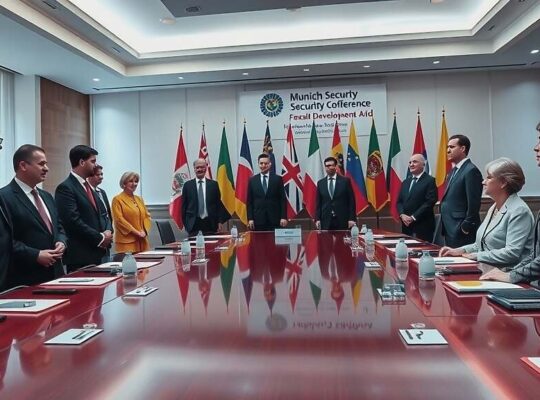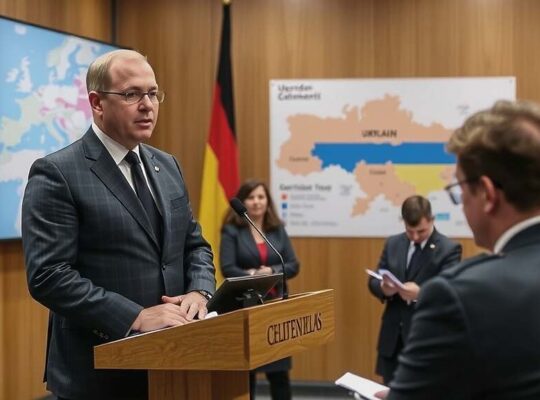A stark warning has been issued by UNICEF Executive Director Catherine Russell, highlighting the imminent danger faced by vulnerable children due to escalating cuts in international development aid. Russell cautioned in an interview with the German Redaktionsnetzwerk Deutschland that UNICEF anticipates a minimum 20% reduction in global funding for humanitarian assistance and long-term programs supporting children and families this year, a decline that will have devastating consequences.
The potential ramifications are severe: diminished vaccination rates, compromised medical care and curtailed access to education for countless children. Russell emphasized that these setbacks aren’t isolated incidents, but rather contribute to a cycle of instability, increasing the likelihood of conflict and crises within affected nations – ramifications that ultimately impact the global community.
The current climate of shrinking aid is directly attributable to policy shifts in major donor countries. The closure of the US Agency for International Development (USAID) under the Trump administration initiated a period of sharp reductions, a trend mirrored by austerity measures implemented by the German government. Germany, while still nominally adhering to the internationally agreed 0.7% Gross National Income (GNI) target for Official Development Assistance (ODA), is actively dismantling this commitment. Current projections indicate a significant drop to 0.52% by 2026 and a further decline to a mere 0.43% by 2029.
This erosion of the ODA pledge – a cornerstone of the United Nations’ development agenda, enshrined in the Sustainable Development Goals – raises serious questions about the international community’s commitment to its own stated objectives. Critics argue that these cuts represent a short-sighted approach, prioritizing national budgets over the long-term stability and prosperity of the world’s most vulnerable populations. The UNICEF Director’s warning serves as a crucial reminder of the human cost associated with these policy decisions, underscoring the urgent need to reverse current trends and reaffirm the importance of global development assistance. The abandonment of the 0.7% target signals a perilous retreat from collective responsibility, potentially undermining decades of progress in poverty reduction and humanitarian relief.


